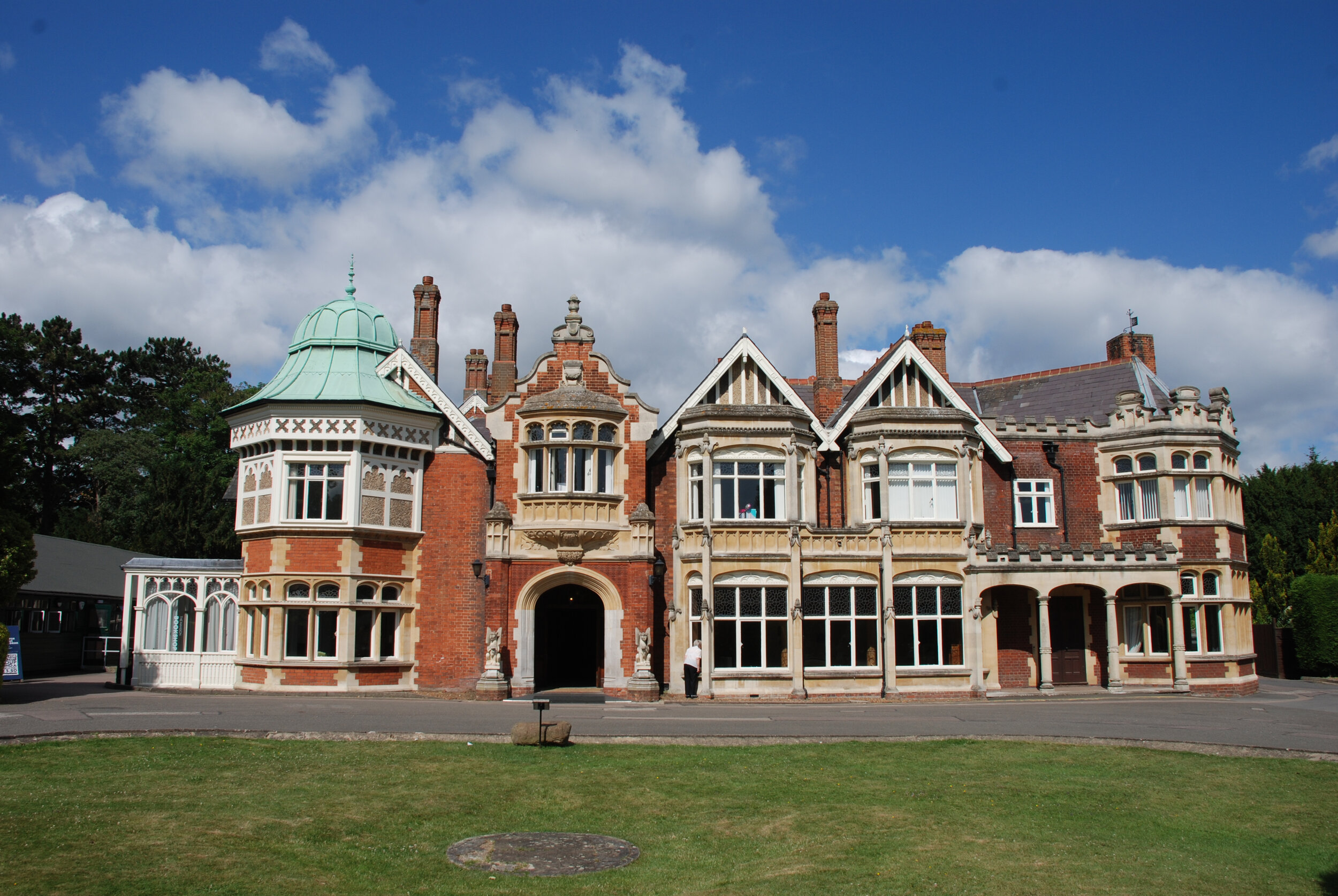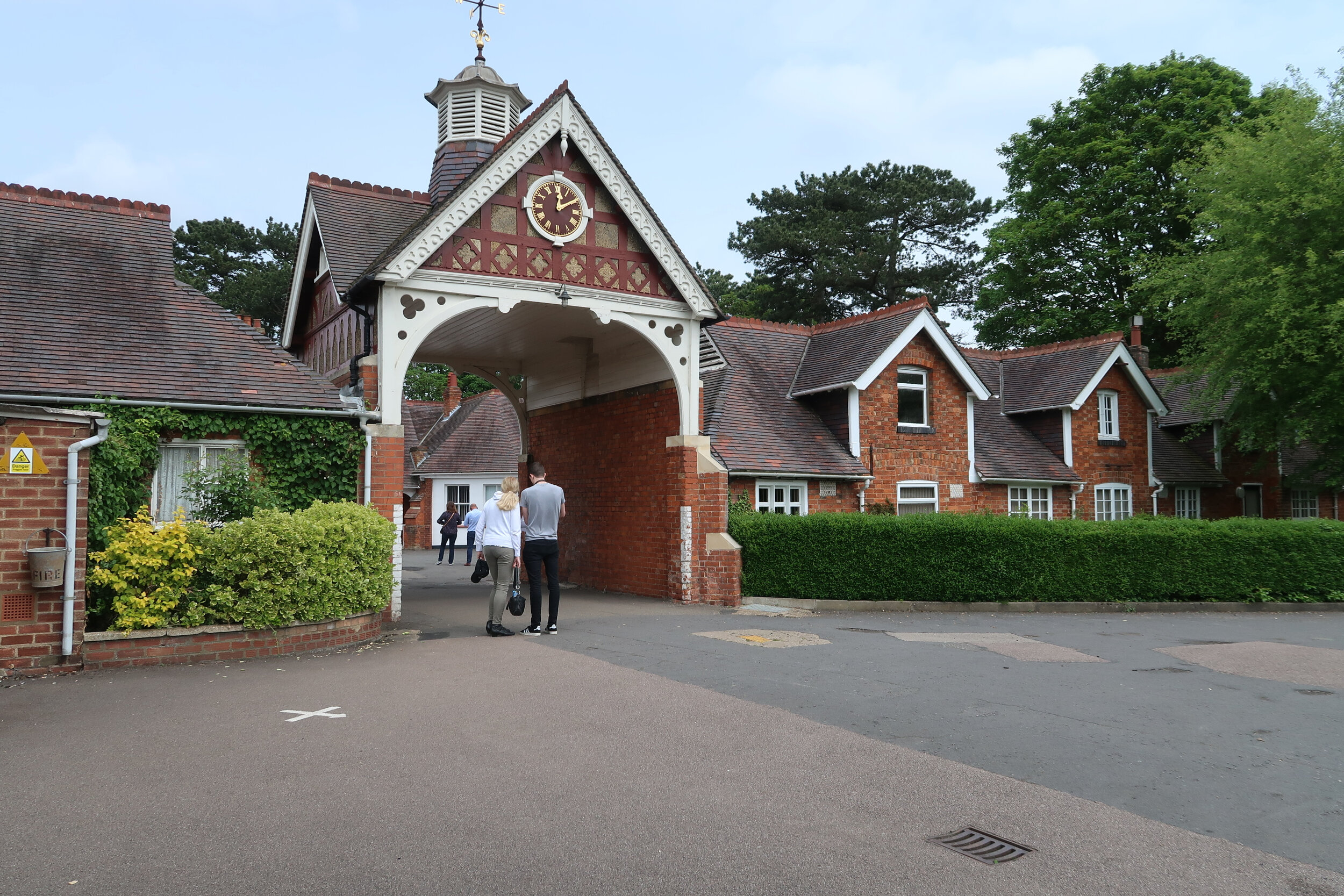
Carol’s Musings
- Art and Artists 1
- Metaphorical expressions 1
- books and writers 659
- canadiana 458
- cultures and civilizations 877
- esl 36
- featured 20
- friends 27
- home and family 1
- humour 28
- inner adventure 179
- memories evoked 167
- motherhood and family 35
- music and poetry 156
- nature and wildlife 450
- teaching 19
- weather and seasons 285
The Spiral Staircase by Ethel Lina White: narration
I suspect many contemporary novelists would be scandalized by the nimble flexibility of the narrator used by White in this remarkable novel. Omniscient narrators are currently out of fashion.
City of Destruction by Vaseem Khan
Like the earlier books in the Malabar House series, this one has an intricate plot that must be unraveled by the delightful Persis Wadia, the newly independent India’s first woman police inspector. With those who govern the new nation already pulling in different directions, Persis manages to stop a lone young man from assassinating a hawkish politician.
Grace Notes by Bernard MacLaverty
“Music can scourge the heart.” The tone of this novel’s opening is poignant, almost elegiac. Showing the musician through a series of moments that echo and return and flow into her compositions, MacLaverty transports us into the heart, mind, and soul of Northern Irish composer Catherine Anne McKenna.
An African History of Africa by Zeinab Badawi
We are all descended from African ancestors, Zeinab Badawi tells us, laying out recent scientific discoveries about this and well as giving us some fascinating glimpses into the development and migration of early humans.
Question 7 by Richard Flanagan
Flanagan’s memoir of his father—though it is far more than simply a memoir—imparts fascinating historical information as well as rewarding food for the soul and imagination.
Books read in 2024
In 2024 I read only 101 books, the same number as in 2023 and 21 fewer than the year before. Guess I’ve been doing more writing, so that’s all good.
An Officer and a Spy by Robert Harris
The Author’s Note at the beginning of this novel is a highly unusual disclaimer. Harris aims to “use the techniques of a novel to retell the story of the Dreyfus Affair,” which he characterizes as “perhaps the greatest political scandal and miscarriage of justice in history.” “None of the characters,” we learn, “is wholly fictional.”
There are rivers in the sky, by Elif Shafak
As Shafak says in her final note to the reader, “beyond the borders of time, geography and identity,” water connects us all. The author has dubbed her latest work a love song to rivers. “Fluid bridges, they “link one bank to the other, the past to the future, the spring to the delta, earthlings to celestial beings, the visible to the invisible…the living to the dead.”
Death at the Sign of the Rook by Kate Atkinson
It’s always a joy to read Kate Atkinson’s work. This latest Jackson Brodie adventure struck me as even wiser and more hilarious than the wonderful stories of his previous exploits. When the story opens, Jackson, now sixty and a grandfather, has been house-hunting. However, he’s just overcome “several weeks being sensible and mature” and bought a brand-new “rugged, blokey” Land Rover Defender. After all, he reflects, “you could live in a Defender if you had to, “but you couldn’t drive a house.”
Table for Two by Amor Towles
In the opening story, a husband and wife move from the country to Moscow during the Russian Revolution. Irina, the convinced communist, is a brilliant foil for her husband Pushkin, whose character evolves in an entirely different direction.
The Glass Maker by Tracy Chevalier
I just finished listening to The Glass Maker. The structure of this riveting novel expresses the fluidity of time while providing a wide canvas for the author to paint the history of Venice and Murano. We see through the eyes of Orsola Rossi, whose glass making family have lived and worked on Murano for centuries.
James by Percival Everett: a dramatic literary lesson
Writers often talk about point of view and it can be challenging for novelists to differentiate the “povs” of different characters.
Reading Percival Everett’s novel is a dramatic demonstration of the vital importance of point of view in fiction—and indeed in life.
The Spy by Ajay Chowdhury
Ex-Kolkata policeman Kamil Rahman, introduced in previous novels, began his London life as a waiter, then worked as a cook. In this volume, he is seconded from his job as a detective for the London police to assist MI5. Thanks to his brown skin and Muslim heritage, Five asks him to infiltrate a mosque where they suspect a major act of terror is being fomented.
American Dirt by Jeanine Cummins
This gripping novel by Jeanine Cummins is filled with profound ideas and nuanced emotion. The opening action is the murder of a Mexican journalist by one of the cartels. His widow Lydia knows that “fear and corruption work in tandem to censor the people who might otherwise discover the clues that would point to justice.” She is also aware that the previous year, “Mexico was the deadliest country in the world to be a journalist, no safer than an active war zone.”
Murder before Evensong by the Reverend Richard Coles
Recently the Reverend Richard Coles gave a fascinating interview through the Guardian. A veteran of many jobs besides the ministry, he mentioned that he’d wanted from childhood to write mysteries. By exposing him to all manner of human frailties, his pastoral work has provided fodder for his stories.
Pied Piper by Nevil Shute
As John, a British airman, returns home from a rendezvous in Paris, his beloved Nicole returns to her home to apply for a visa to come to him and his widowed father in London. Wanting to “do things properly,” they wait to tell him together of their plans to marry. The declaration of war derails their plans and the young pilot is killed.
The Hazelbourne Ladies Motorcycle and Flying Club by Helen Simonson
In the lobby of the respectable Meredith Hotel in the seaside village of Hazelbourne, two English ladies from different backgrounds face a dilemma that results from being female.
The Bangalore Detectives Club by Harini Nagendra
A conventionally structured tale of murder, the story plays out against actual and imagined social history. Fortunate to be educated and married to the enlightened and liberal Doctor Ramu Murthy, Kaveri not only involves herself in solving a murder, but persuades Ramu to aid her efforts in helping the police. As she does so, she comes across all manner of social ills. The burden of a home’s respectability, Kaveri quickly realizes, is placed on the womenfolk.
River Spirit by Leila Aboulela
Set in Mahdist Sudan in the late 1800s, this novel carries us into the heart of the Muhammad Ahmad’s rebellion against foreign control of the region. A deeply divisive figure among Muslims, the Madhi claimed to be the expected one, then rebelled against the British, Egyptians and Ottomans who were controlling Sudan at the time. After his death, his tomb in Omdurman was desecrated by the British to discourage another Muslim uprising, but later rebuilt.
Northern Spy by Flynn Berry
The greater good is a phrase that comes up a lot in this novel, but it isn’t as good as it sounds. Instead, the phrase is brought into service to excuse evil deeds on both sides of the conflict.





















